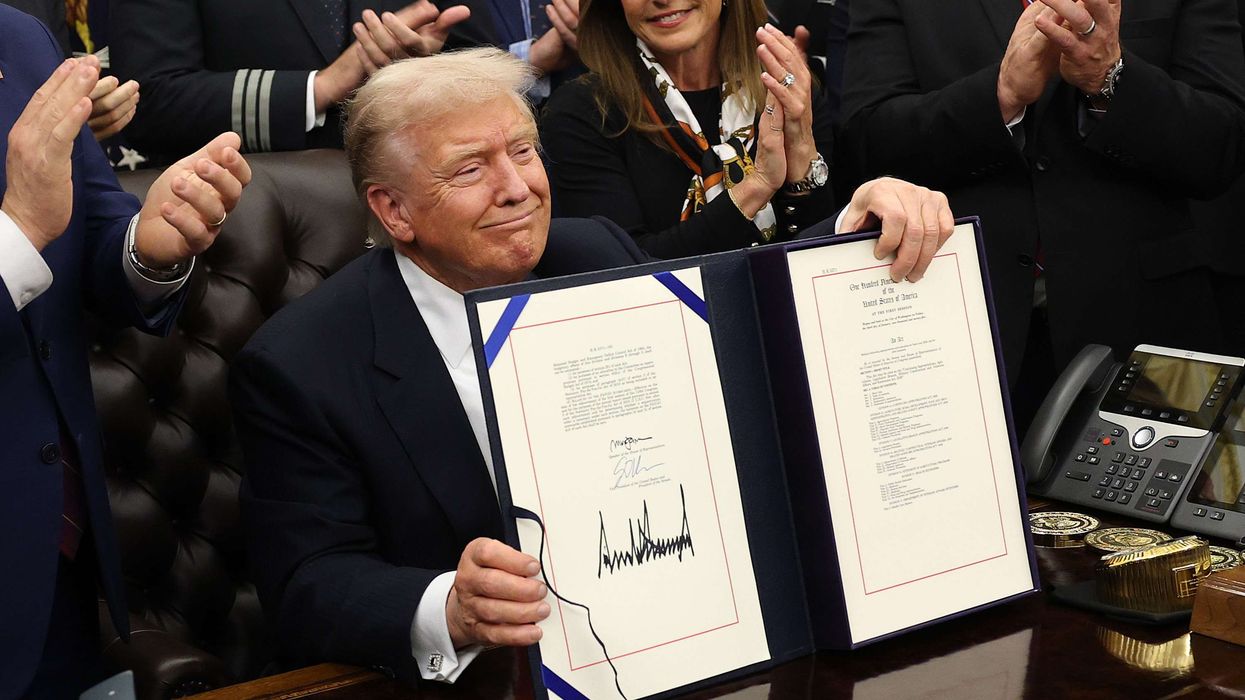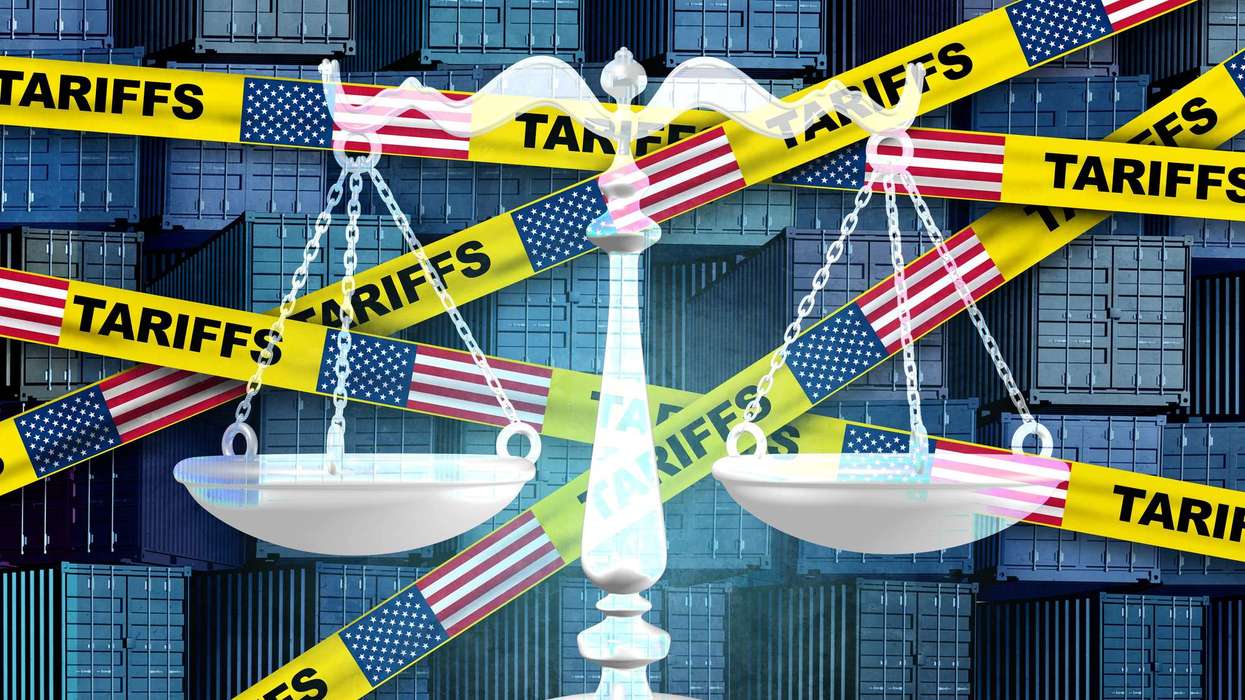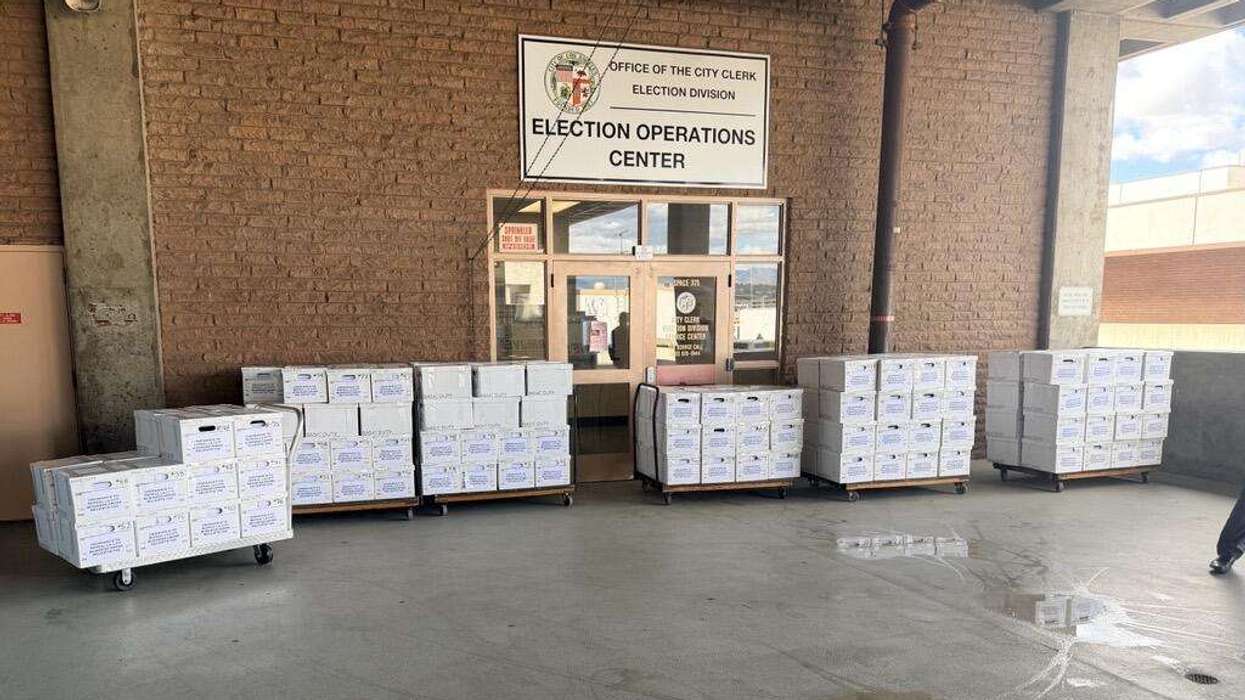Summary:
- President Trump signed a bill ending the longest U.S. government shutdown.
- The shutdown disrupted travel, slowed the economy and hit the hospitality industry.
- AAHOA and the American Hotel & Lodging Association, welcomed the reopening.
U.S. PRESIDENT DONALD Trump signed a bill Wednesday ending the longest government shutdown in U.S. history. Hotel associations, including AAHOA, the American Hotel & Lodging Association and the U.S. Travel Association welcomed the government’s reopening.
The Senate passed the bill on Monday to end the shutdown and fund the government. The House approved it 222–209, with six Democrats joining Republicans, and Trump signed it in the Oval Office, according to CNN.
Leaders of Airlines for America and the National Restaurant Association joined AAHOA, AHLA and USTA earlier on Wednesday in urging the House to vote on the Senate-passed bill. The shutdown disrupted travel, slowed economic activity and created uncertainty in the hospitality industry.
"Hotel owners are on the front lines of America's economy. Every day the shutdown continued, it put more small businesses and jobs at risk," said Kamalesh “KP” Patel, AAHOA chairman. "We're relieved to see government operations resume so the focus can return to supporting economic stability and growth."
AAHOA and more than 30 hotel and hospitality groups highlighted the shutdown’s economic impact earlier this month. Each day of closure cost the U.S. economy about $31 million in hotel-related activity, totaling roughly $650 million since it began.
Rosanna Maietta, AHLA president and CEO, said the American people deserve a working government.
“It’s time to get back to work so we can restore critical funding and services that support millions of people, including travelers and those working in travel-related fields,” she said. “Over the past several days, the federal workforce responsible for supporting and overseeing our travel ecosystem has begun to show cracks. Nearly 20 percent of Americans have indicated that they canceled or changed their Thanksgiving travel plans. The economic uncertainty caused by the shutdown, coupled with travel disruptions, has rattled consumer confidence, leading to trip cancellations and fewer future bookings.”
The hotel industry lost an estimated $1.2 billion in economic activity, according to AHLA, with each day of the shutdown costing $31 million in hotel revenue. USTA estimated the shutdown has reduced travel spending by nearly $6 billion since Oct. 1.
USTA said that after 43 days, $6 billion in lost travel spending and disruptions for travelers and federal workers, Congress passed a continuing resolution to fund the government.
“All government shutdowns are irresponsible—period,” said Geoff Freeman, USTA’s president and CEO. “They jeopardize essential services, erode public confidence and inflict needless economic pain. If Congress ever goes down this foolish path again, essential federal workers—like air traffic controllers and TSA officers—must be paid without interruption. America cannot afford another self-inflicted crisis that threatens the systems millions rely on every day.”
Freeman said the resolution restores stability to the people and systems that keep travel moving but must also drive long-term change. “Congress should invest in the modern infrastructure, technology and workforce needed to keep America moving forward,” he said.
Laura Lee Blake, AAHOA president and CEO, said AAHOA members operate nearly 20,000 hotels, supporting over 1 million jobs nationwide.
“Local economies and small business owners depend on a functioning government. Reopening the government is essential to restoring confidence and helping the hospitality sector regain its footing,” she said.
Maietta said that with funding and staffing restored, consumers can once again make plans and travel with certainty.
"We urge Congress to reach a long-term budget agreement before the next deadline," she said. "Neither travelers nor the millions of small businesses that form the backbone of the hotel industry can afford another shutdown."
U.S. airlines began canceling hundreds of flights on Friday, hours after the Federal Aviation Administration ordered the cuts during the government shutdown.






